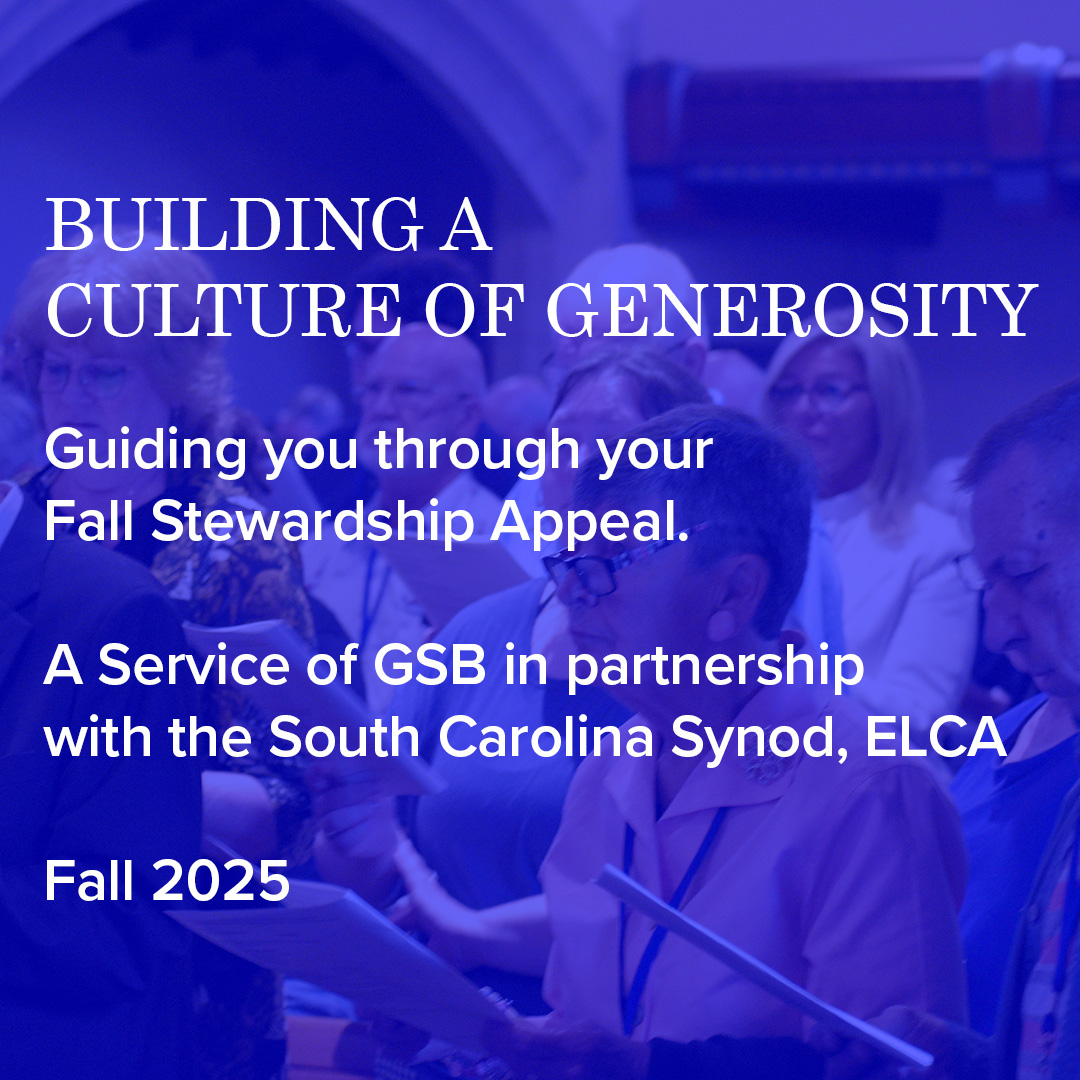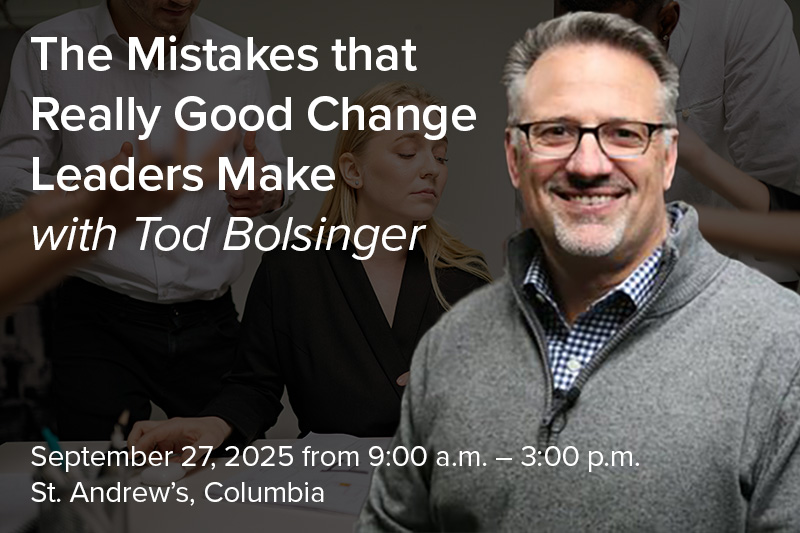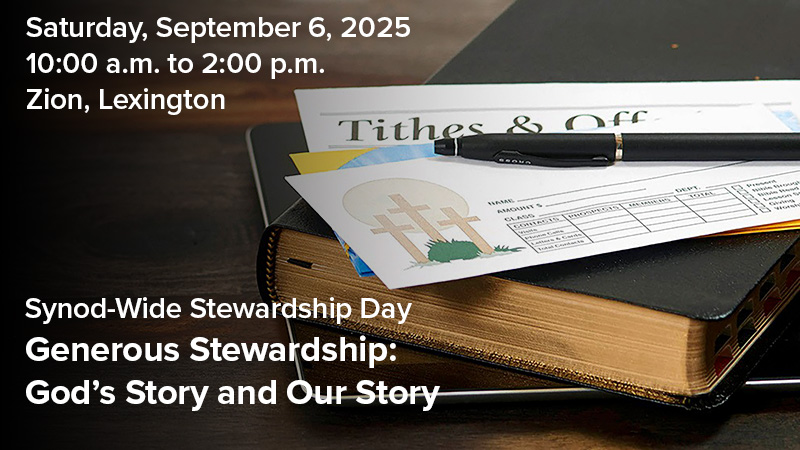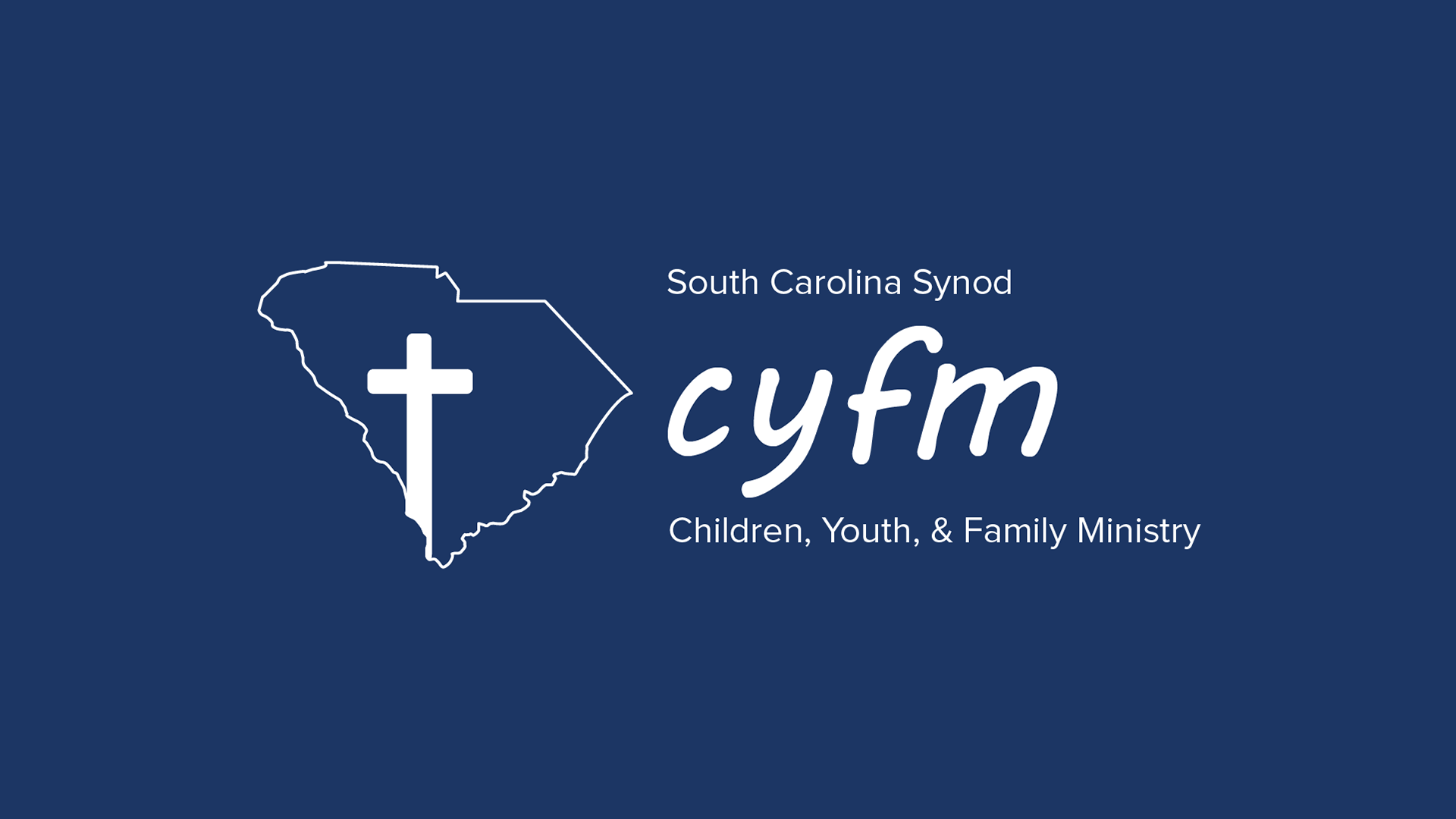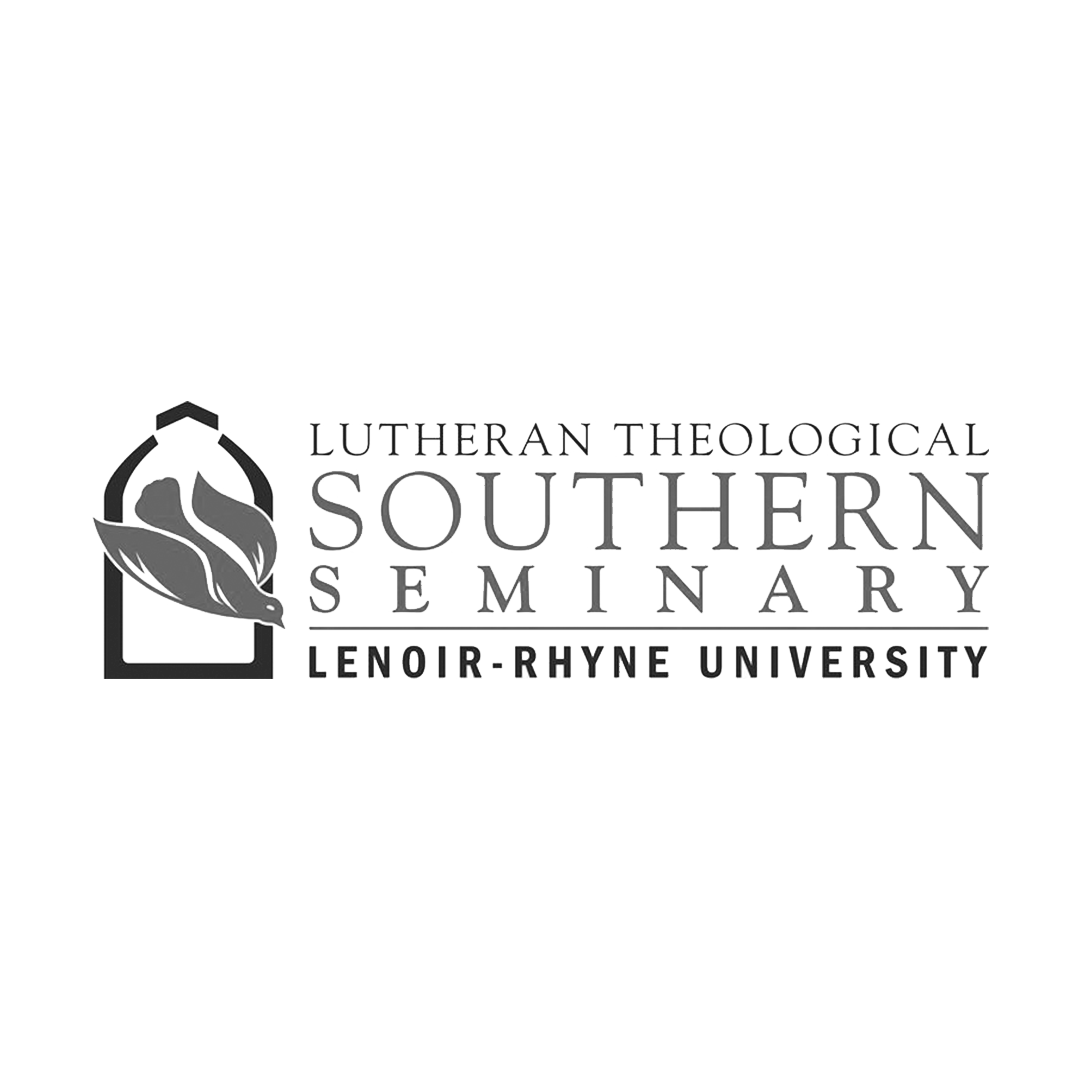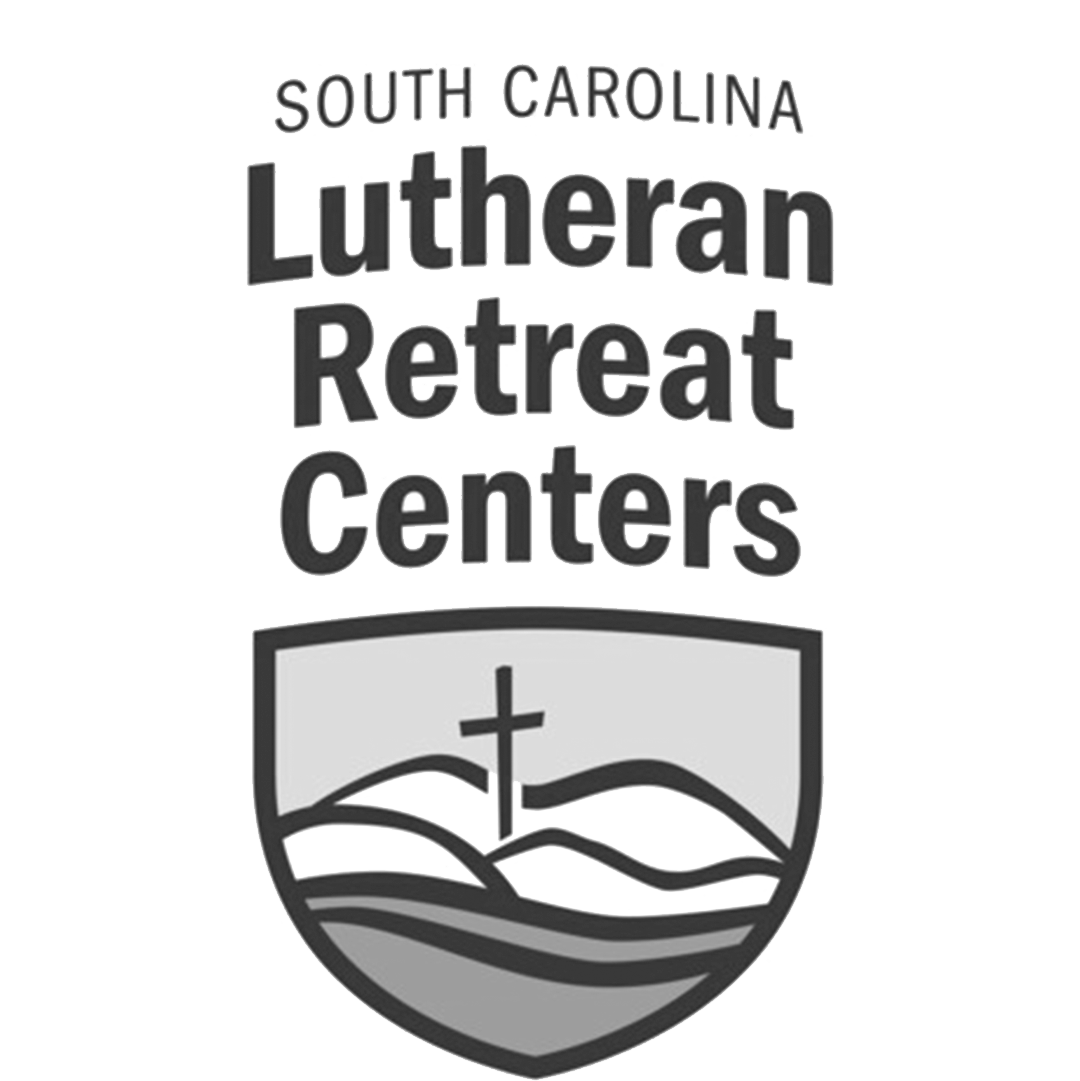Introduction by The Rev. Michele C. Fischer with Summaries by Gemini, Google’s AI Tool
Dr. Mark Allan Powell is a prolific author and New Testament Scholar. A former professor at Trinity Lutheran Seminary in Ohio, he spent his career teaching those who would become teachers and preachers in congregations worldwide. Now retired, he still makes himself available to continue to teach those who want to study God’s Word.
Dr. Powell is a natural storyteller. In the four-part Bible study offered in May, he helps viewers to consider what it means to be a “steward.”
Session One
In the first session, Powell argues that stewardship is not just a fancy word for fundraising. He clarifies the concept with a story about the baptism of the Gauls, a warlike people conquered by the Roman Empire. The story says that the Gauls would hold one arm up during baptism to keep that part of themselves unconverted. Powell uses this story to explain that stewardship is about devoting everything to God, not holding anything back.
Session Two
The second session focuses on stewardship of creation.
In the first part, the speaker, Mark Allan Powell, talks about the importance of stewardship. He begins with a story about a science fiction movie where an alien comes to Earth to wipe out humanity to save the planet. The point of the story is that we don’t own the Earth; God created it and entrusted us to take care of it. We are stewards, not owners.
Powell also talks about two important points from the Parables of Jesus. The first point is that we should be good stewards, not bad ones. We should take care of what God allows us to use and avoid pollution and destruction. The second point is that we are stewards, not owners. We should not think that everything belongs to us.
Session Three
This third session video about stewardship, specifically delves into the offering in the context of Christian worship.
Mark Allan Powell argues that the offering is not about raising money for the church, but about giving thanks to God. In the past, people would bring physical offerings of grain or animals to the altar. These offerings would be destroyed. The point was not to give the church something useful, but to show that the giver was giving up something valuable to God. In the same way, Christians today should give money to the church out of gratitude, not out of obligation.
Powell also shares a personal story about how he has come to view the offering as the most important part of the worship service. He gives money to the church every month, but he also likes to carry around cash and put it in the offering plate each week. This is a way for him to personally thank God for his blessings.
Session Four
In this video, Mark Allan Powell talks about stewardship, peace, and justice. He argues that the root cause of conflict is people wanting to own things. People fight for what they believe they should own.
Powell says true peace comes from everyone having what they need. This concept is expressed in the Hebrew word Shalom, which means peace and wholeness. People who understand themselves as stewards rather than owners are more likely to achieve Shalom. Stewards are grateful for what God has given them and use it for good purposes.
Powell also discusses the Greek word dikaiosynē, which is often translated as righteousness, but also means justice. In the Bible, these concepts are intertwined. When people act with justice, it creates the conditions for peace.

